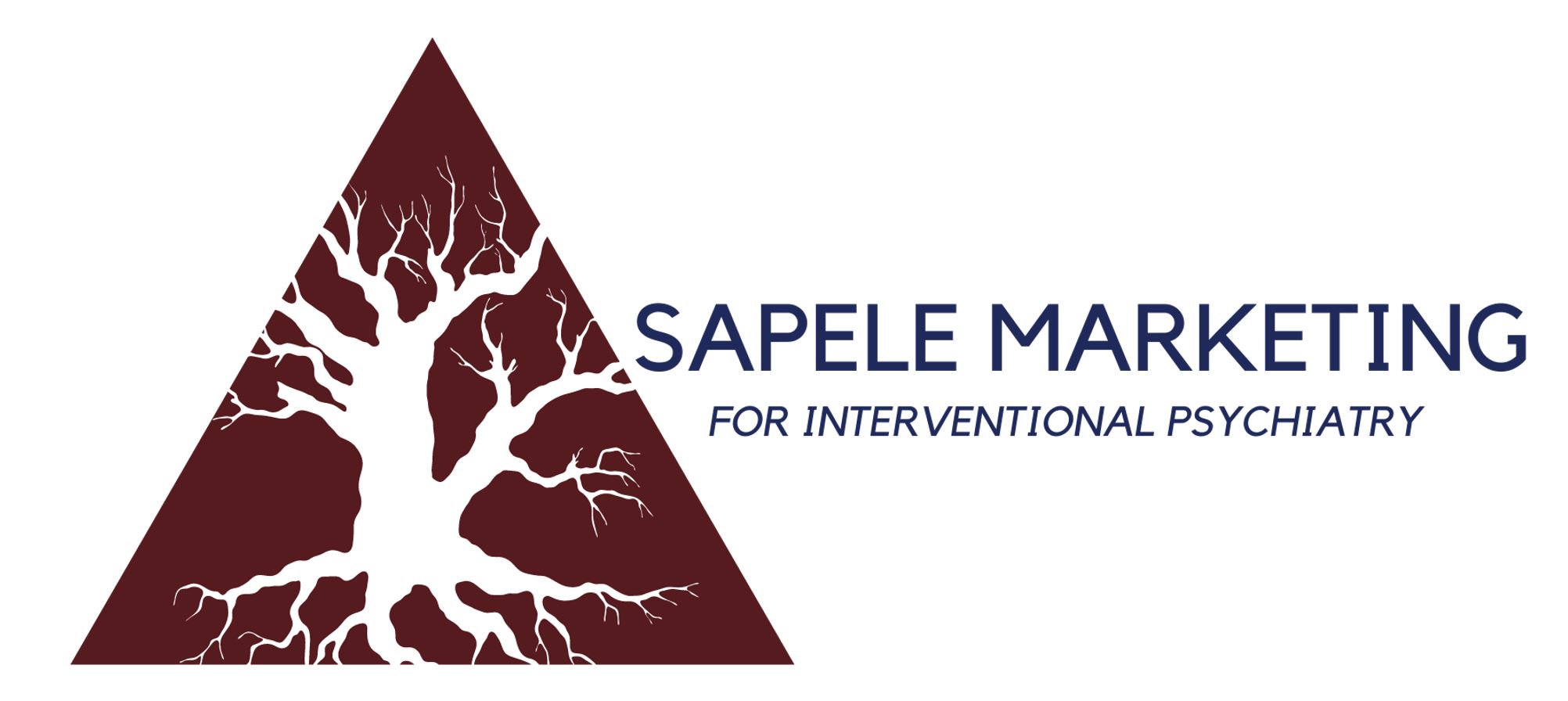In today’s digital age, mental health professionals—whether they provide talk therapy, medication management, or a combination of both—must consider the value of an online presence. Websites, blogs, LinkedIn, and Facebook offer unique opportunities for mental health practitioners to extend their reach, connect with potential clients, and establish themselves as thought leaders in their field. This blog will explore why participating in these platforms is essential for mental health professionals and how it can benefit their practice and patient care.
The Importance of an Online Presence
The internet has become the first place many people turn when seeking information about mental health. For healthcare providers, this shift offers a significant opportunity to connect with individuals who might benefit from their services. Here’s why a robust online presence is crucial:
- Visibility: With the growing number of individuals searching for mental health services online, having a well-maintained website or active social media profiles increases the likelihood that potential clients will find you.
- Accessibility: An online presence makes it easier for people to learn about your services, philosophies, and approach to care, which can encourage them to take the first step toward seeking help.
- Trust Building: Regularly publishing content on platforms like blogs, LinkedIn, and Facebook can help establish your expertise and credibility, making potential clients more comfortable reaching out.
Benefits of Blogging for Mental Health Professionals
Blogging is a powerful tool that allows mental health professionals to share their expertise, engage with the community, and provide valuable information to those seeking help. Here’s how blogging can enhance your practice:
- Educational Outreach: Blogs allow you to educate the public on mental health topics, helping to demystify conditions, treatments, and therapies. This can be an essential resource for individuals looking to understand their own experiences or those of loved ones.
- Enhanced SEO: Regular blog posts improve your website’s search engine ranking, making it easier for new clients to find your practice.
- Client Engagement: Blogging provides a platform to communicate directly with clients and potential clients. Discussing relevant topics shows that you are up-to-date with current trends and are actively engaged in the mental health community.
- Showcasing Your Expertise: Writing blogs on specialized topics within mental health can position you as a subject matter expert, attracting clients who are specifically seeking your knowledge and skills.
Leveraging LinkedIn for Professional Networking and Growth
LinkedIn is more than just a platform for job seekers; it’s a dynamic space where mental health professionals can network, share knowledge, and grow their practice. Here’s why you should be active on LinkedIn:
- Professional Networking: LinkedIn offers a direct line to connect with other healthcare providers, potential collaborators, and thought leaders in mental health, opening doors for professional development and referrals.
- Thought Leadership: By sharing articles, posting updates, or engaging in discussions, you can establish yourself as a leader in your field, attracting attention from peers and potential clients.
- Client Acquisition: While LinkedIn is a professional network, potential clients often use it to research providers. A well-crafted profile that highlights your expertise and approach can attract new clients.
- Continuing Education: LinkedIn hosts numerous groups and forums where mental health professionals discuss the latest research, trends, and best practices, offering a valuable resource for ongoing education.
The Role of Facebook in Patient Engagement and Community Building
Facebook, with its vast user base, offers unique opportunities to reach out to both current and potential clients. Here’s how Facebook can enhance your practice:
- Wider Reach: With over 2.8 billion monthly active users, Facebook provides a platform to reach a broad audience. Whether through posts, videos, or live sessions, you can engage with a diverse community.
- Patient Support Groups: Facebook groups allow you to create or participate in communities where individuals can find support and share their experiences. These groups can be an invaluable resource for patient education and engagement.
- Event Promotion: Hosting webinars, workshops, or community events? Facebook is an excellent platform for promoting these activities, helping you reach a broader audience.
- Real-Time Interaction: Facebook’s interactive features, like comments and live video, allow for real-time engagement with your audience, fostering a sense of community and trust.
Ethical Considerations
While there are significant benefits to engaging on these platforms, mental health professionals must also be mindful of ethical considerations:
- Confidentiality: Ensure that no client information is shared online without explicit consent.
- Professional Boundaries: Maintain a clear boundary between your professional and personal life, especially on social media.
- Accurate Information: Always ensure that the information you share is evidence-based and aligns with current best practices.
Conclusion
Incorporating website blogs, LinkedIn, and Facebook into your professional strategy is not just about keeping up with the times; it’s about expanding your reach, educating the public, and building a trusted brand in the mental health field. By leveraging these platforms thoughtfully and ethically, mental health professionals can enhance their practice, connect with more clients, and contribute to the broader conversation on mental health.
Whether you are new to these platforms or looking to optimize your existing presence, the potential benefits for your practice and your clients are too significant to ignore. Start small, stay consistent, and let your expertise shine online.

